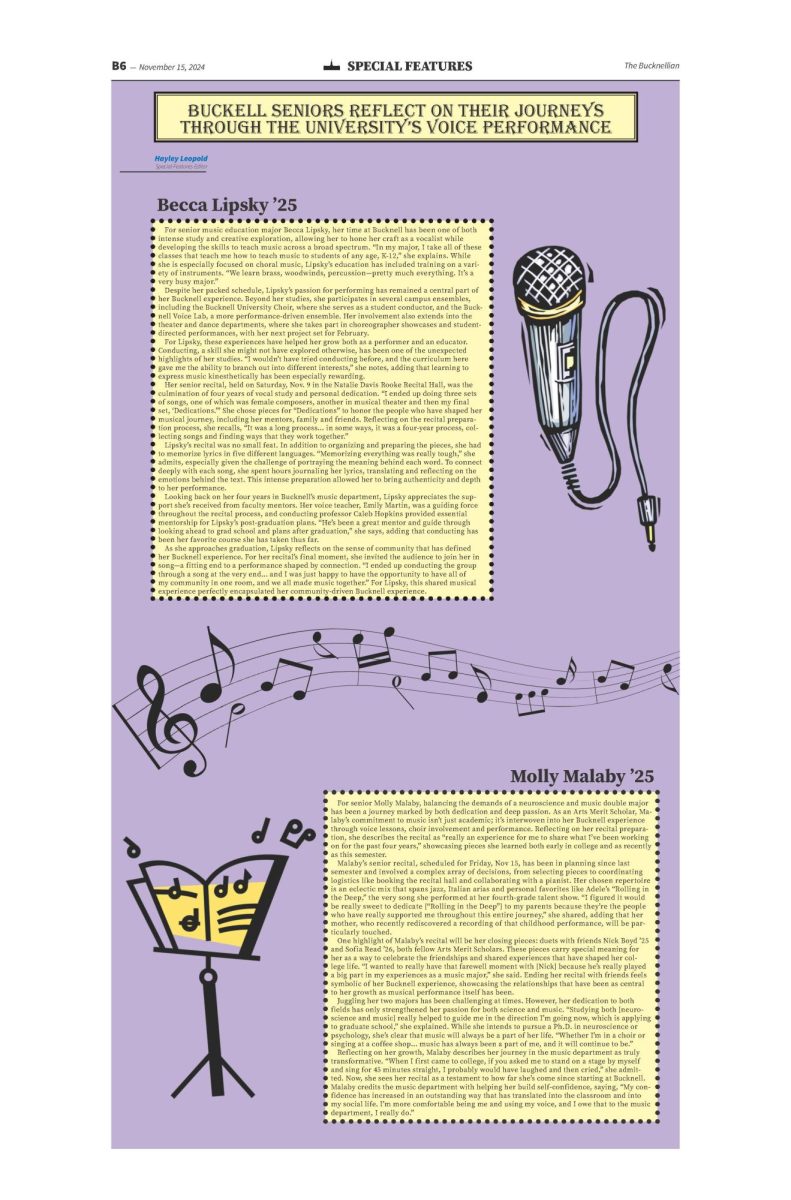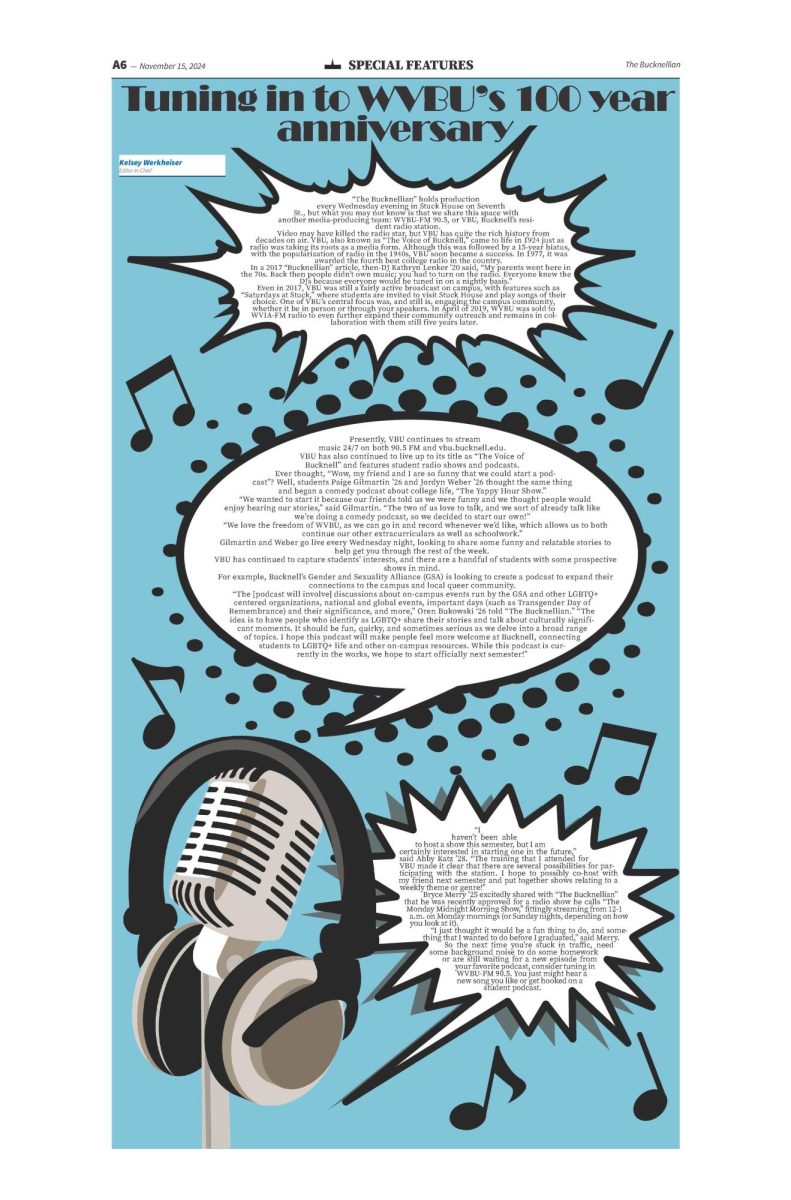Michigan AG’s new hate “database” endangers Michiganders’ First Amendment rights
April 11, 2019
A major point of contention in American political discourse has been the status of freedom of speech and thought in our society. This conflict is especially visible on America’s college campuses, where administrators are frequently forced – via student protest – to uninvite speakers, discipline controversial professors, and regulate the output of student organizations. It can be seen as well in the Internet and mass media public shaming machine, where defectors from the prevailing social and political norms are scorned en masse in indiscriminate and un-nuanced fashion, and elsewhere in our increasingly PC-obsessed cultural climate.
Unfortunately, I fear more insidious and destructive forms of speech suppression might begin to emerge within institutions of the state. In a Feb. 22 press release, Dana Nessel, the newly elected Attorney General of Michigan, has announced that her office will build and operate a “database” which will document incidents of hate and bias which “do not rise to the level of a crime or civil infraction.” The database will complement the work of the office’s new hate crimes unit, a specialized task force whose efforts will be focused solely on the prosecution of hate crimes. However, non-violent groups and individuals that express language and ideas that Nessel’s office arbitrarily deem to be ‘hateful’ will find their information closely monitored by state law enforcement.
This action is a severe overreach of power. It establishes an implicit threat against those who voice their opinion against the norms of the Attorney General’s list. It also lays important groundwork for the government to potentially take coercive action against dissenting speech – a much more flagrant violation of the First Amendment. In that sense, the action is far more dangerous to the liberty of American citizens than it is necessary for ensuring their safety.
I do not believe most people are oblivious to the connection between the suppression of speech and totalitarianism. With even a cursory knowledge of 20th-century history, one is made acutely aware of the wreckage that can be achieved when the state gains authority over speech and thought. I need not reiterate that, in the despotic regimes of both Left-wing and Right-wing orientation, suppression of speech has been a common thread. I hardly need to remind anyone that both the Communist and National Socialist states handily convinced their citizenry to help in the mass murder of millions of their political dissidents and undesired ethnic groups (their victims amounted to more 117 million according to the estimates from “The Black Book of Communism” (1997) and the U.S. Holocaust Memorial Museum). Surely, we understand that brainwashing on that scale is impossible in a society that respects an individual’s freedom to express themselves.
So why are some leaders and protestors insisting on policies that threaten freedom of thought and expression in American society? Their insistence seems to reflect a belief in one or more of three things: either that a) Western society in the 21st century is somehow ‘immune’ to forms of totalitarianism which it experienced in the previous century and before; b) their ideas are superior to all others and constitute the ultimate stage of intellectual development; or c) the immense power they wish to cede to the state is not at risk of being placed in the wrong hands.
It is evident to me that such presumptions are rather imprudent in the least. Is it to you?






























